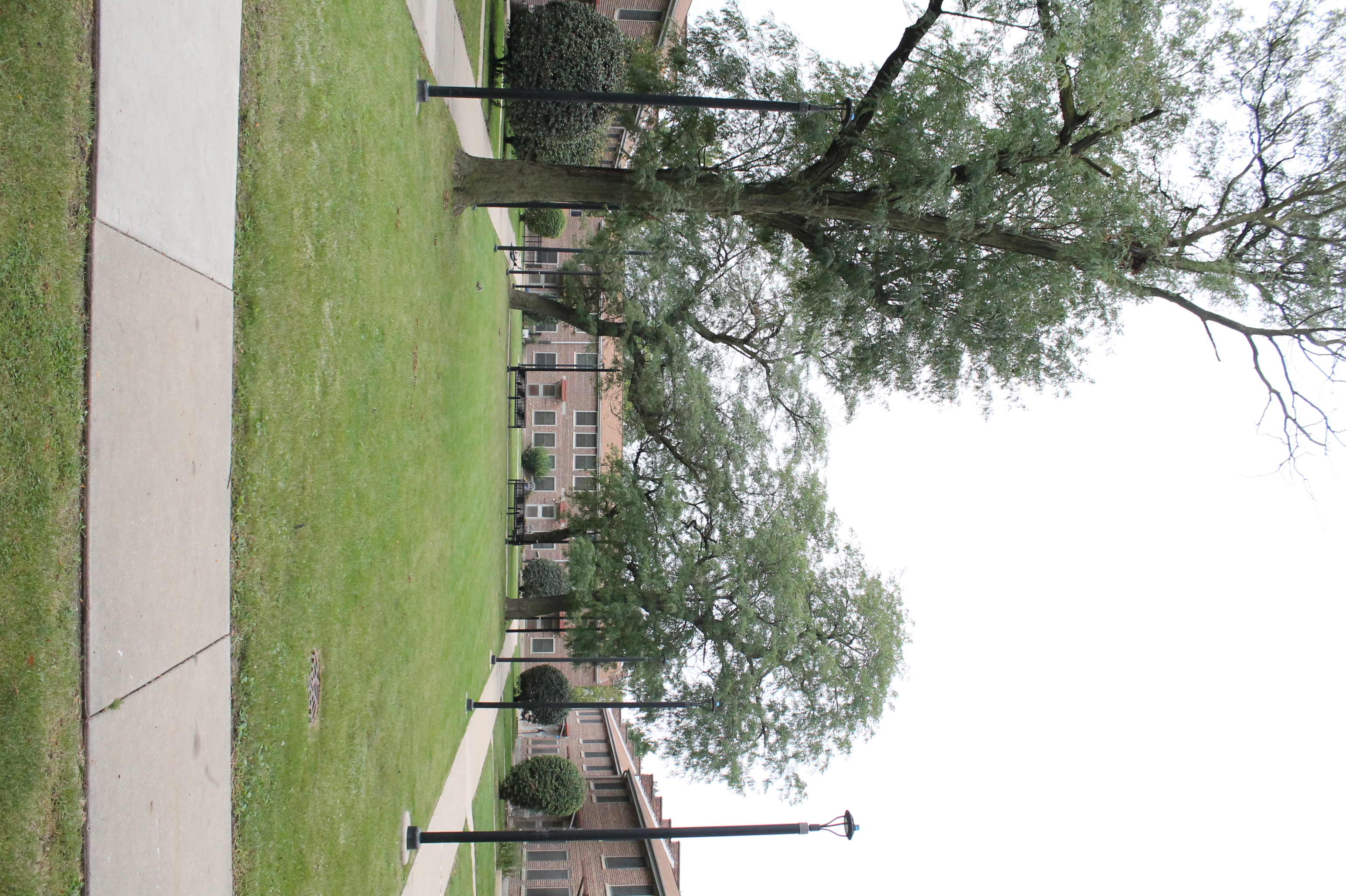People for Community Recovery is an organization focused on combating environmental issues for residents of the Altgeld Gardens community. Activist Hazel Johnson, who current outreach specialist Beria Hampton calls “the mother of environmental justice,” founded PCR in 1979. Johnson conducted a health study and realized the vast amount of waste and toxic materials in her heavily industrial neighborhood were negatively impacting the health of the community. For decades PCR has fought to bring clean air and water to the Far Southeast Side—where the high concentration of polluters surrounding Altgeld Gardens led Johnson to coin the term “the toxic donut”—and has done much to raise awareness of the intersectionality of race and class with environmental justice.

Since moving to Altgeld Gardens in 1985, Hampton herself has been a witness to Johnson’s incredible leadership and has been involved with People for Community Recovery since she was a child. “Then I didn’t understand a lot of the things [PCR] was doing because I was a kid,” she explained to me. But she saw how her own mother adored the organization and constantly volunteered, so Hampton continued to learn and do the groundwork, like passing out flyers and protesting at City Hall.
Although Hampton originally studied chemical engineering, she decided to shift her job priorities and now works for PCR full-time. In addition to being the outreach specialist, she is also a youth development coach, a role in which she strives to reduce violence within the community. “I’m all over the place all the time,” she joked. “I wear many different hats in this organization.”
Hampton added that one of PCR’s recent biggest accomplishments was stopping the demolition of the historic C Building in their community. Now, the team is brainstorming ways they can restore the building, such as curating a museum honoring Hazel Johnson’s work and opening an accessible grocery store for Altgeld Gardens residents.
Since Hazel Johnson’s passing in 2011, Hazel’s daughter Cheryl Johnson has become executive director and has worked hard to continue her mother’s mission. Some of the current projects include health recovery mutual aid, installation of solar panels, economic development, affordable housing, and of course preserving the legacy of Hazel Johnson. Even though the pandemic has brought new challenges to the organization, PCR is still as strong as ever. The organization is also constantly looking for volunteers for phone banking and other projects, and Hampton stressed that she understands that everyone has a lot of responsibilities so PCR is flexible with how much individuals want to get involved.
See peopleforcommunityrecovery.org for more.
